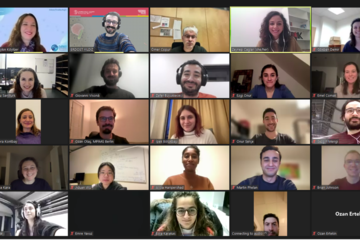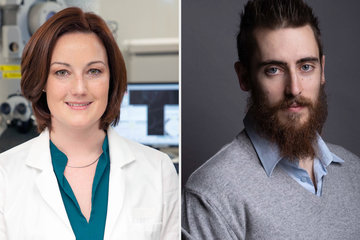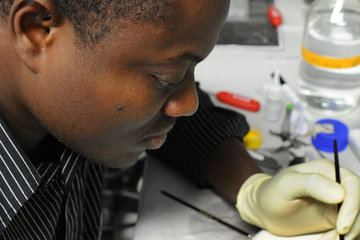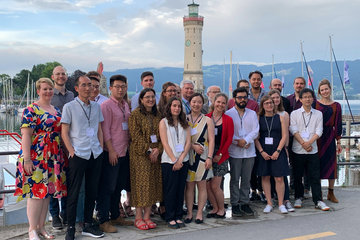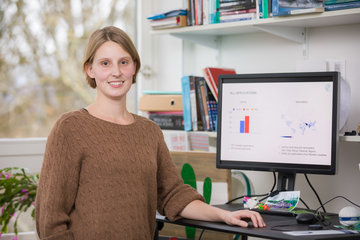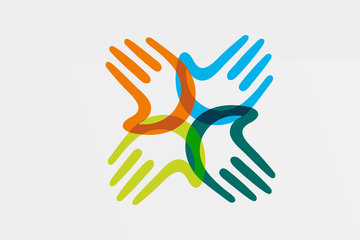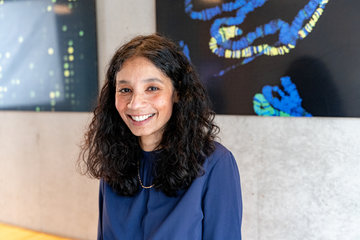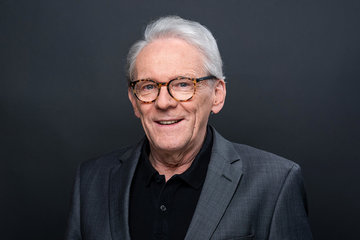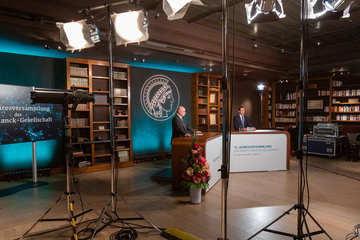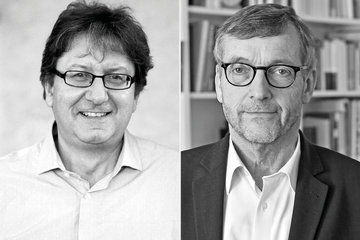Significant increase in applications for Max Planck Schools
The Max Planck Schools as a joint initiative of German universities and non-university research institutions continue to gain visibility. This is shown by the most recent figures: compared to the first call in 2018, all three Schools saw a significant increase in applications, with the Max Planck School for Cognition still receiving the most applications. The Max Planck School Matter to Life was able to almost quadruple its number of applications compared to 2018.

For the three pilot schools - the Max Planck School of Cognition, the Max Planck School Matter to Life, and the Max Planck School of Photonics - nearly 1,100 applications were received in the third round of applications, three times as many as in the first round of applications in 2018. This shows that the schools are gaining national and international visibility and have been able to attract the brightest minds from all over the world with their interdisciplinary programs: "The pool of applications this year is again very diverse, interdisciplinary, and international. Our School received over 500 applications from students in the U.S., Russia and Australia from a wide range of disciplines - from psychology to neuroscience to data science," said Arno Villringer, director at the Max Planck Institute for Human Cognitive and Brain Sciences in Leipzig and one of the spokespersons for the Max Planck School of Cognition. "We have significantly more suitable applications than available places," Villringer states.
Currently, the three pilot schools are selecting their new PhD students in their multi-stage, school-specific selection processes, who will then start their doctoral studies in October 2021. Each school offers different "tracks" - depending on previous study experience - which, for example, also enable bachelor's graduates to enter the PhD program directly. Their number had already risen to almost 40 percent in the last call for applications in 2019, as graduates in many countries decide between a doctorate and a master's degree after completing their bachelor's degree - in contrast to Germany, where the doctorate is usually first followed by the master's degree. Addressing this group of international students was also a decided goal of the Schools. Scientists from all partner institutions participate in the selection process. The doctoral students of the fourth application round will be selected in May.
The initiative now involves 27 universities and more than 30 institutes of non-university research institutions. At the beginning, students have the opportunity to get to know different laboratories in so-called lab rotations before deciding with whom they want to do their doctorate. The main partners playing a prominent role in the initiative are the Friedrich Alexander University of Erlangen-Nuremberg, the Friedrich Schiller University of Jena, the Georg August University of Göttingen, the Humboldt University of Berlin, the Karlsruhe Institute of Technology, the Technical University of Munich, the universities of Düsseldorf, Heidelberg and Leipzig, the DWI Aachen, the Fraunhofer Society and the Max Planck Society. The German Federal Ministry of Education and Research is funding the five-year pilot phase with 45 million.


